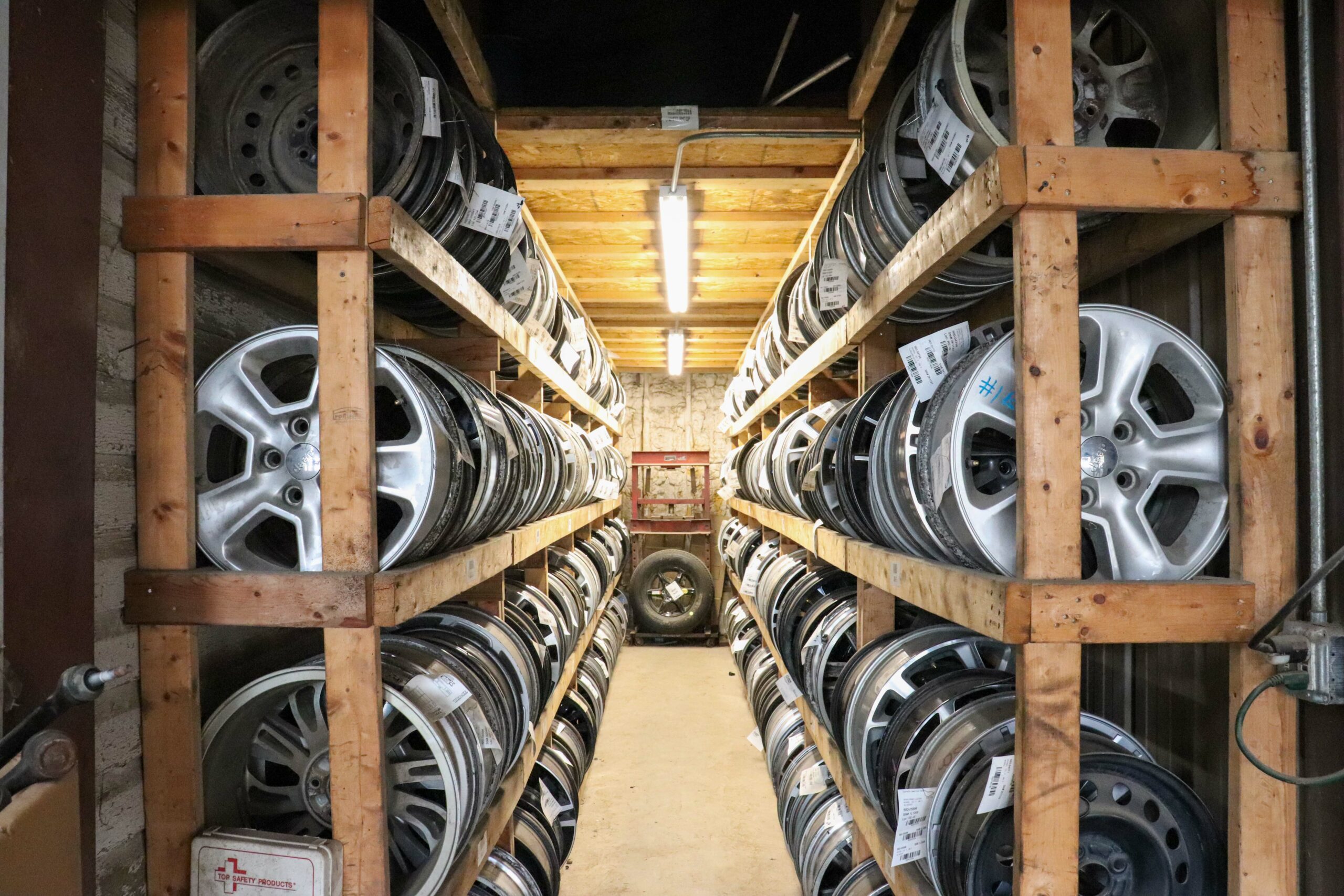
Have you noticed difficulty controlling your car this winter? As the chilly winds of winter start to blow, the question of whether to invest in winter tires or stick with all-season tires becomes a hot topic among drivers. The decision can be daunting, especially for those unfamiliar with the nuances of tire types and their impact on driving performance. Fear not, for in this article, we’ll delve into the considerations that will help you make an informed choice tailored to your specific needs.
Location:
One of the primary factors to consider when choosing between winter tires and all-season tires is your geographical location. If you reside in an area prone to harsh winter conditions, such as heavy snowfall, icy roads, and freezing temperatures, winter tires are a wise investment. These specialized tires are designed with deeper treads and a rubber compound optimized for cold weather, providing superior traction and grip on snow and ice.
On the other hand, if you live in a milder climate with occasional snow or light winter precipitation, all-season tires might suffice. These tires offer a balance of performance in various weather conditions, from dry pavement to light snow, making them suitable for regions with less severe winters.
Climate:
Climate plays a crucial role in determining the suitability of tires for your vehicle. Winter tires excel in cold temperatures below 45°F (7°C) due to their unique rubber compound, which remains flexible even in frigid conditions, enhancing grip on icy roads. Conversely, all-season tires may lose their effectiveness in extreme cold, compromising traction and handling.
Price Range:
Another consideration is your budget. Winter tires typically come at a higher price point than all-season tires due to their specialized design and construction. However, it’s essential to view this expense as an investment in safety, as winter tires can significantly improve your vehicle’s performance and reduce the risk of accidents in winter driving conditions. If your budget allows, opting for dedicated winter tires can provide invaluable peace of mind during the colder months.
Driving Patterns:
Your driving habits and patterns also influence the choice between winter tires and all-season tires. If you frequently traverse snow-covered roads or encounter challenging winter conditions during your daily commute, winter tires are a must-have for optimal safety and control. However, if you primarily drive in urban areas with well-maintained roads and minimal snowfall, all-season tires may suffice for year-round use.
In conclusion, the decision between winter tires and all-season tires hinges on various factors, including your location, climate, budget, and driving patterns. For those facing harsh winter conditions, investing in winter tires offers unmatched traction and safety on snow and ice-covered roads. Conversely, all-season tires provide versatility and convenience for drivers in milder climates or those seeking a budget-friendly option. Ultimately, assessing your needs and priorities will guide you towards the right choice to ensure a safe and enjoyable driving experience, regardless of the season.
Find Quality used auto parts today!
Contact
Cornell's Auto Parts
Mon - Fri: 8AM - 5PM (EST)
Sat & Sun: Closed
Navigation
Helpful Links

© Cornell's Auto Parts | Powered by URG